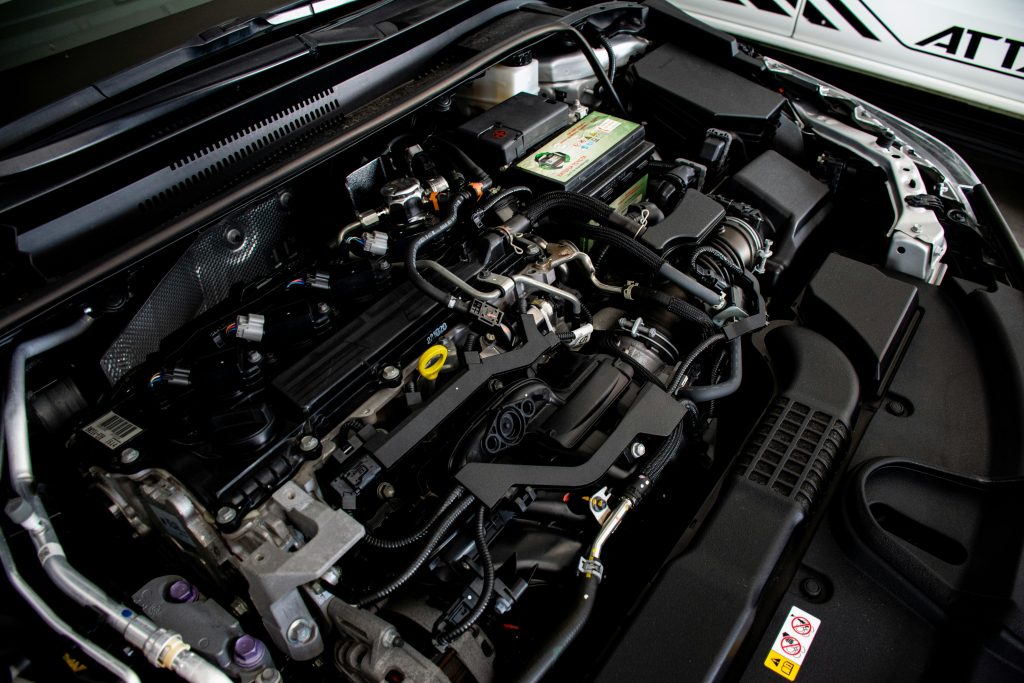Overheating & Coolant Leaks: Save Your Engine Before It’s Too Late

Introduction
Imagine cruising down the highway when suddenly, your engine temperature gauge spikes. What do you do next? The health of your engine is paramount, and neglecting issues like overheating and coolant leaks can lead to catastrophic consequences, including costly repairs or even complete engine failure. This post aims to provide you with actionable steps to prevent engine damage and keep your vehicle running smoothly.
1. Understanding Overheating and Coolant Leaks
1.1 What Happens When Your Engine Overheats?
When your engine overheats, several critical components are affected. The increased temperature can warp cylinder heads, blow gaskets, and even crack the engine block. Prolonged overheating can lead to severe engine damage, resulting in costly repairs or the need for a complete engine replacement.
1.2 Common Causes of Coolant Leaks
Coolant leaks can stem from various sources, including:
-
Radiator Issues: Corrosion or physical damage can create holes.
-
Hose Deterioration: Over time, hoses can crack or become brittle.
-
Water Pump Failure: A malfunctioning water pump can leak coolant.
-
Head Gasket Problems: A blown head gasket can allow coolant to escape.
Recognizing early signs of coolant leaks, such as puddles under your vehicle or a sweet smell, is crucial for preventing overheating.
2. Immediate Actions to Take When You Suspect Overheating
2.1 Pull Over Safely
If you suspect your engine is overheating, find a safe location to stop. Signal your intentions, gradually reduce speed, and come to a complete stop away from traffic.
2.2 Turn Off the Engine
Shutting down the engine is crucial to prevent further damage. Allow it to cool down before attempting any further checks.
2.3 Check Coolant Levels
Once the engine has cooled, check the coolant levels in the reservoir. Look for signs of leaks under the vehicle, and ensure the coolant is at the appropriate level.
3. Likely Culprits Behind Overheating and Coolant Leaks
3.1 Radiator Problems
Signs of radiator failure include:
-
Overheating engine
-
Coolant leaks
-
Low coolant levels
Regular maintenance of the radiator is essential to prevent overheating.
3.2 Hose Deterioration
Inspect hoses for:
-
Cracks or splits
-
Leaks
-
Loss of flexibility
Regular checks can help identify issues before they escalate.
3.3 Water Pump Failure
Symptoms of a failing water pump include:
-
Overheating engine
-
Coolant leaks
-
Unusual noises
A malfunctioning water pump can severely impact engine cooling.
3.4 Head Gasket Issues
Common signs of head gasket problems include:
-
Overheating
-
White smoke from the exhaust
-
Loss of coolant
Ignoring these issues can lead to severe engine damage.
4. Preventive Maintenance That Actually Works
4.1 Regular Coolant Checks and Changes
Maintaining proper coolant levels is vital. Regularly check and replace coolant according to your vehicle's manufacturer recommendations, typically every 30,000 to 50,000 miles.
4.2 Routine Inspections of Engine Components
Schedule inspections every 1-2 years to check hoses, belts, and the radiator. Early detection of wear and tear can save you from costly repairs.
4.3 Investing in Quality Parts
Using high-quality coolant and replacement parts can prevent future issues. Quality components ensure better performance and longevity.
4.4 Professional Maintenance Services
Having a trusted mechanic perform regular checks can help identify potential problems early. Expect a thorough examination of your cooling system during these inspections.
5. Building Confidence in Your Vehicle’s Health
5.1 Understanding Your Vehicle
Familiarize yourself with your vehicle’s cooling system. Knowing the signs of potential issues can empower you to take action before they escalate.
5.2 Keeping a Maintenance Log
Track maintenance and repairs to identify patterns and prevent future problems. A detailed log can help you stay organized and proactive.
5.3 Empowering Yourself with Knowledge
Educate yourself about engine health and maintenance practices. Utilize resources like owner’s manuals and online forums to enhance your understanding.
Conclusion
Addressing overheating and coolant leaks promptly is crucial for maintaining your engine's health. Don’t wait until it’s too late—take charge of your engine’s health today!

